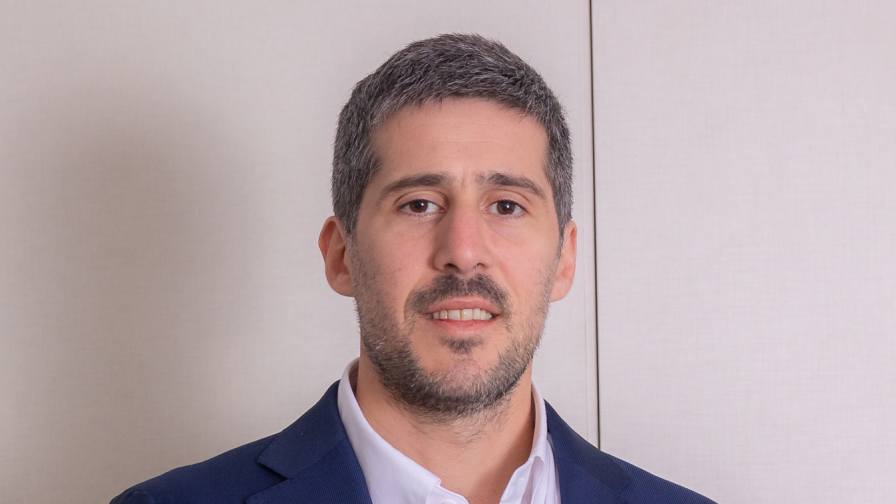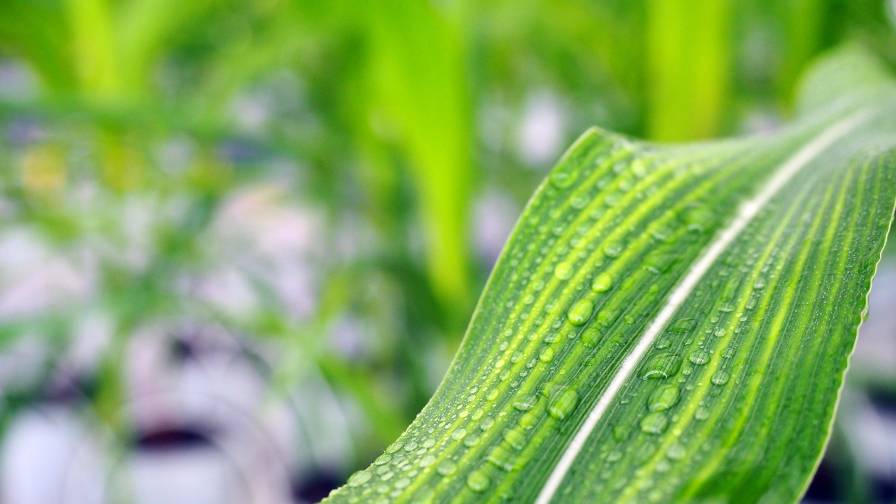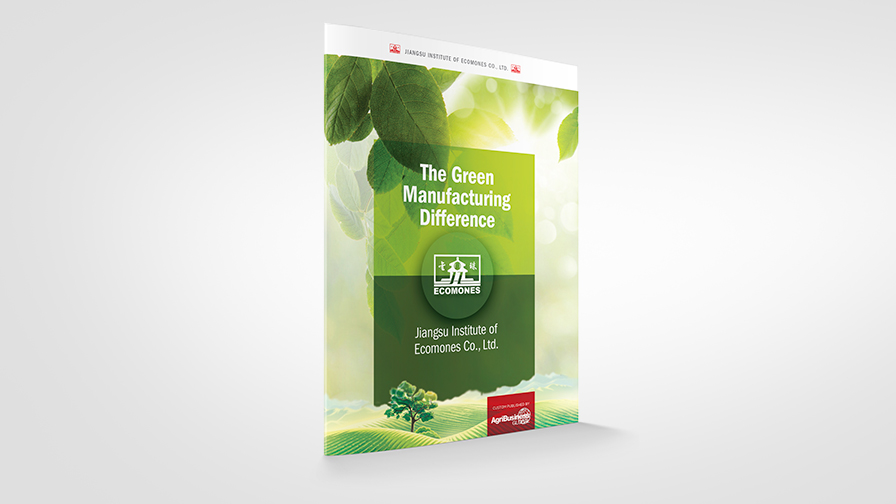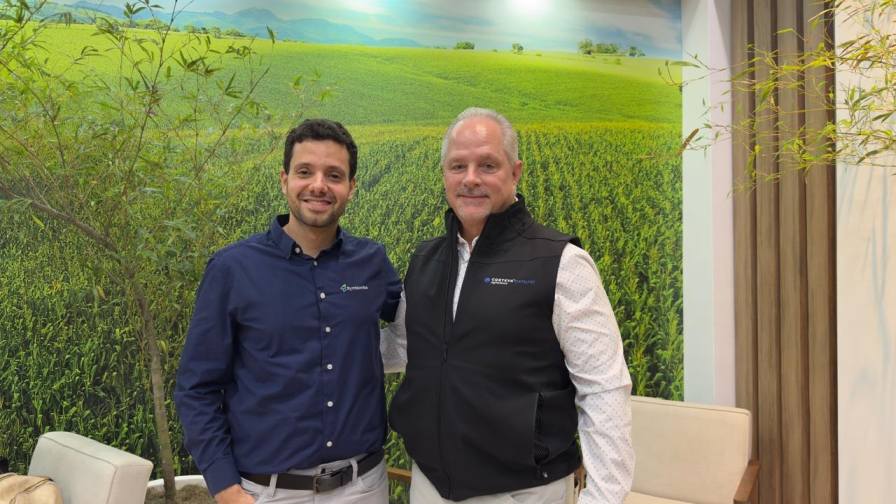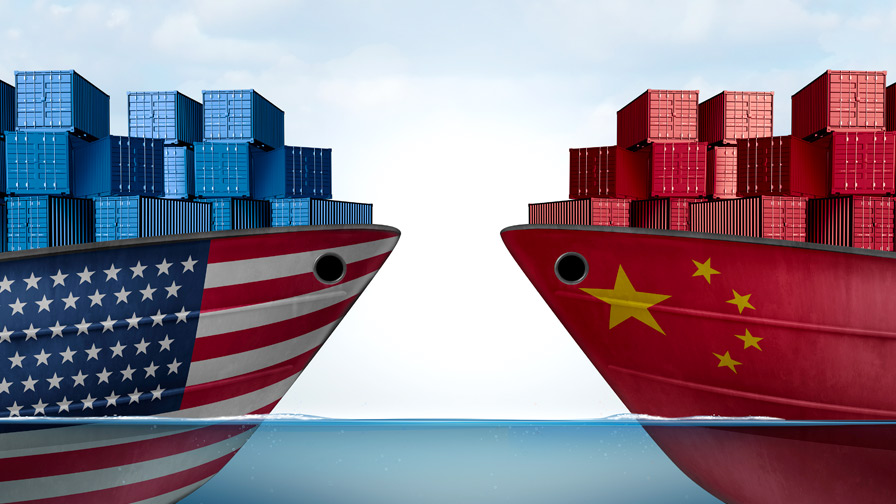Vietnam: Coffee Production Up
The coffee production level for 2006/2007 is expected to increase significantly over last year, thanks to better weather and growing conditions leading to higher yields and the success of newer plants reaching maturity, reports the US Department of Agriculture’s Foreign Agriculture Service (USDA-FAS).
Due to an attractive export market, farmers are expanding Arabica production, but are cautiously refraining from increasing Robusta area. Even with new plantings, Arabica still has a minute share (3%) of the country’s total production.
Vietnam’s 2005/2006 estimated coffee production has been revised upward to 810,000 metric tons (MT), or 13.5 million bags — nearly 10% better than early estimates. The forecast for 2006/2007 is 990,000 MT (16.5 million bags). Better weather conditions and lower pest risk along with new production from maturing plants will drive the improvement.
Other Developments
An Utz Kapeh representative office opened recently in Vietnam to accommodate the increasing interest among Vietnamese companies in having their products carry the Utz Kapeh sustainable coffee production certification. TO date, there are 13 Vietnamese companies certified by Utz Kapeh for a total of about 30,000 MT of coffee products. Nine companies are in Dak Lak province and one each in Gia Lai, Lam Dong, Son La, and Quang Tri provinces. These volumes are still relatively small.
Recently, a bio-fertilizer processing plant was established in Duc Trong District, Lam Dong Province, the second largest coffee plantation area in Vietnam. The plant produces fertilizers with ingredients comprised of up to 50% coffee by-products. This will help to cut pollution from coffee processing companies in the province.
The Vietnamese Coffee and Cocoa Association acknowledged the Tan Lam Coffee Company in Quang Tri province as “a successful model” for sustainable coffee production. This was as part of a project sponsored by German NGO GTZ, Kraft Foods, and Sara Lee/Douwe Egberts. The project’s aim is to raise product quality, improve food safety, and strengthen environmental protection. Tan Lam is constructing a wastewater treatment and energy production facility at its processing plant, which will be the first such facility in Vietnam.
